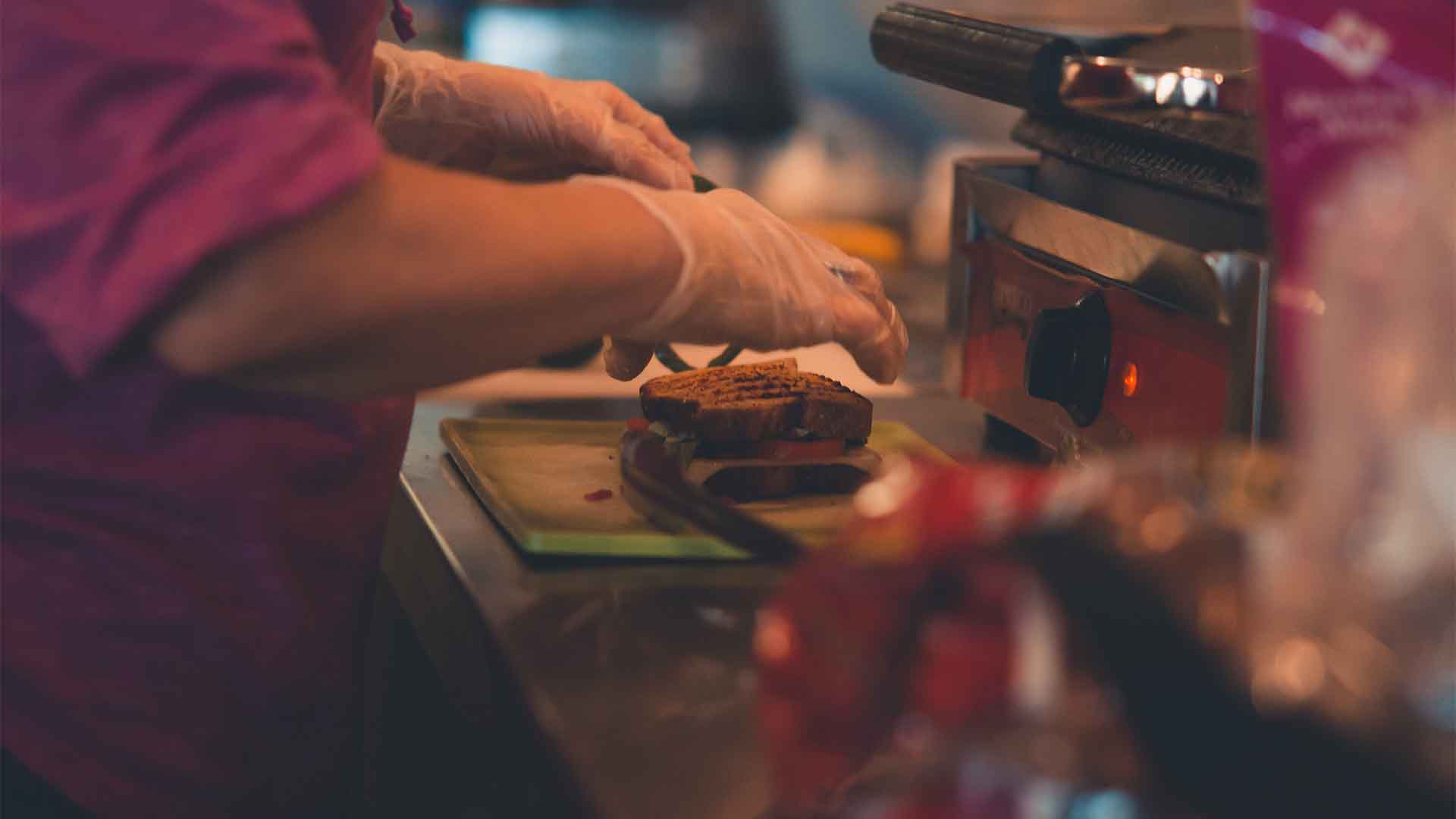In recent years, London has witnessed a significant shift in its tipping culture, closely mirroring the well-established American practice. Traditionally reserved and modest in their tipping, Londoners are now adapting to a more assertive American style.
This change, largely accelerated by the pandemic and the rise of digital payments, marks a significant cultural shift in the UK’s service industry, challenging long-standing norms and customer expectations.
The Roots of Tipping in the US

In the United States, tipping has long been an integral part of service industries. It is not just a token of gratitude but a crucial component of a service worker’s income.
This norm, deeply embedded in American culture, is often viewed as a reflection of good service and customer satisfaction. Understanding this background is essential to grasp the cultural significance of tipping and its perceived necessity in the service sector.
London’s Traditional Service Etiquette

Contrastingly, London’s historical approach to tipping has been markedly different. Here, gratuities have traditionally been seen as a modest bonus, not an expectation.
The norm in London favored a more discreet approach to tipping, reflecting a broader cultural attitude that emphasized restraint and understatement in service interactions.
Pandemic’s Digital Push

The COVID-19 pandemic played a pivotal role in altering London’s tipping landscape. The shift to contactless and digital payments, while a necessity for health reasons, inadvertently made tipping more prominent and accessible.
This technological shift lowered the barrier for tipping in places where it was previously uncommon, subtly nudging customers towards adopting the American habit of more generous gratuities.
Consumer Resistance and Adaptation

Despite this shift, many Londoners remain resistant to the growing tipping culture. Surveys and anecdotal evidence suggest a mixed response—not to mention the “tipping culture memes” making the rounds on social media—with some viewing it as an undue burden, while others see it as a fair means of supporting service workers.
This divide mirrors the American sentiment where tipping is both expected and occasionally resented.
High-End Dining’s Tipping Expectations

In London’s upscale dining scene, the adoption of American-style tipping is most evident. Patrons are increasingly encountering service charges automatically added to their bills, along with prompts for additional gratuities.
This practice, while ensuring fair compensation for staff, has also raised questions about the voluntary nature of tipping and customer choice.
The Coffee Shop Conundrum

Casual settings like coffee shops are also experiencing this tipping transformation. What was once a simple transaction for a cup of coffee now often includes a tipping option, catching many customers off guard.
This shift reflects the broader trend of incorporating American tipping customs into everyday life in London.
The Psychology of Tipping

This evolving tipping culture has a significant psychological impact on customers. It introduces a sense of obligation and pressure, transforming a voluntary gesture of appreciation into an almost mandatory part of the service experience.
This change challenges the traditional British reserve and discretion in financial matters, often leading to discomfort and confusion.
Impact on Service Industry Workers

For service industry workers, the increased tipping is a double-edged sword. While it potentially means higher income, it also adds pressure to provide service that justifies the extra gratuity.
This dynamic can create a more stressful work environment, where the workers’ financial well-being is directly tied to the whims of customer generosity.
Businesses’ Balancing Act

Businesses in London are navigating this cultural shift, striving to balance fair compensation for their staff with maintaining customer satisfaction.
Many establishments grapple with how to incorporate tipping in a way that feels organic and unobtrusive, ensuring that both employee welfare and customer experience are prioritized.
Global Tipping Trends

Looking beyond London, major cities worldwide are experiencing varying degrees of change in their tipping cultures.
Some are embracing the American model, while others are finding unique ways to address the compensation of service workers. This global perspective highlights the diverse approaches to gratuity and service compensation.
The Future of Tipping in London

As London continues to grapple with these changes, the future of its tipping culture remains uncertain. Whether it fully adopts the American model or develops a hybrid approach, the coming years will certainly shape how gratuity is perceived and practiced.
The ongoing dialogue between customers, service workers, and businesses will play a key role in determining the direction of this cultural shift.
